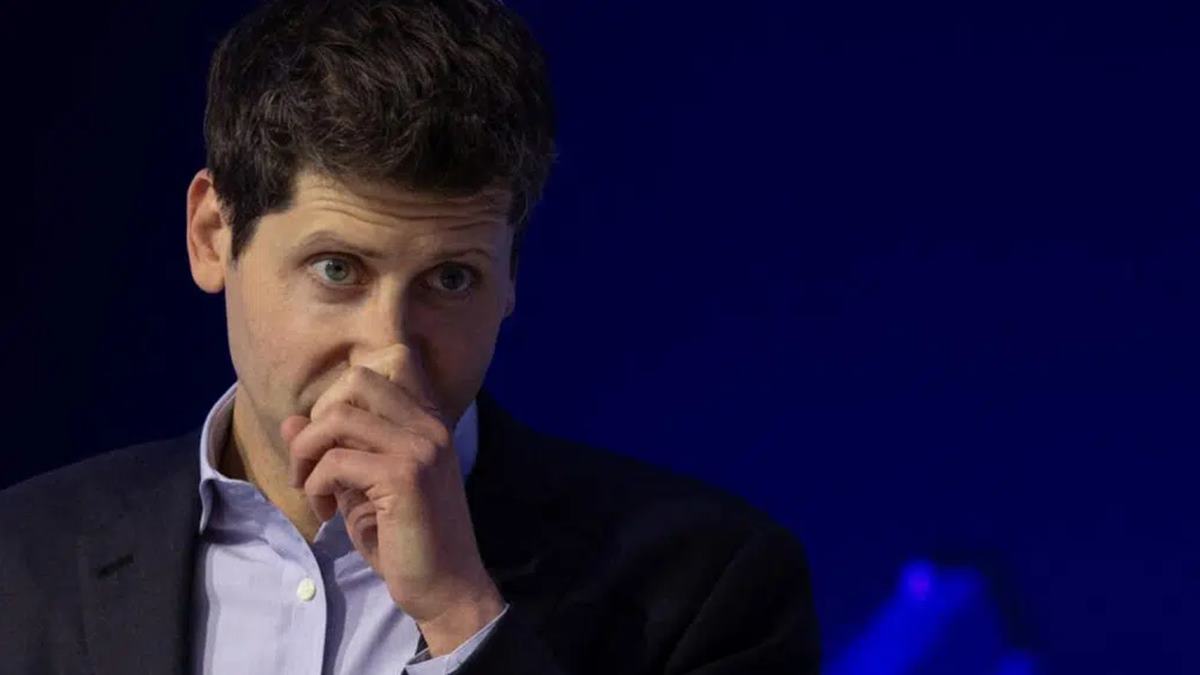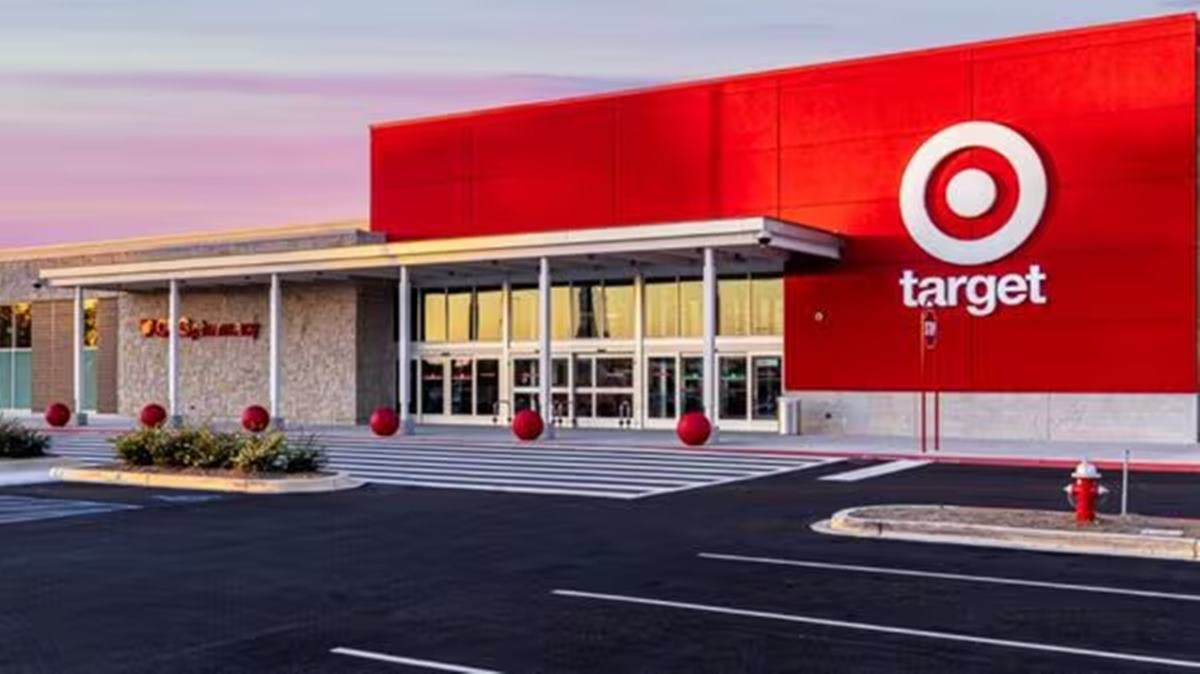Target Corp. plans to lay off approximately 1,800 employees as part of a broad strategy to reverse stagnant sales, the Wall Street Journal reported on Thursday, citing sources familiar with the matter. According to a memo from Target’s incoming CEO Michael Fiddelke, the reductions include about 1,000 current employee layoffs and 800 roles that will no longer be filled.
Together, the cuts represent approximately 8% of the Minneapolis-based retailer’s corporate workforce. The layoffs do not affect store or supply chain roles.
As of February 1, Target employed approximately 440,000 people.
The restructuring comes after 11 straight quarters of weak or declining comparable sales, the report stated.
CNBC citing the company spokesperson reproted that affected employees will be notified on Tuesday and will continue to receive pay and benefits until January 3, along with severance packages.
CEO’s statement
In the memo, Fiddelke emphasized, according to CNBC report, the need for urgency and simplification: “The truth is, the complexity we’ve created over time has been holding us back. Too many layers and overlapping work have slowed decisions, making it harder to bring ideas to life.”
He added, “These cuts are difficult, but a necessary step in building the future of Target and enabling the progress and growth we all want to see.”
Fiddelke’s priorities
Over the past two decades, Michael Fiddelke has held a diverse array of roles at Target, spanning finance, merchandising, human resources, and operations.
As chief operating officer, and previously as chief financial officer, Fiddelke has overseen major investments in Target’s stores, supply chain, digital platforms, and workforce. Prior to joining Target, Fiddelke worked at Deloitte. He holds an MBA from Northwestern University’s Kellogg School of Management and a Bachelor of Science in industrial engineering from the University of Iowa.
Fiddelke has identified three urgent priorities as he assumes leadership of the retail giant:
-Reclaiming merchandising authority: Strengthening Target’s leadership in product selection and trend-setting in retail.
-Enhancing the shopping experience: Ensuring store shelves are consistently stocked and locations are clean, improving overall customer satisfaction.
-Investing in technology: Upgrading both in-store and supply chain technology to enhance operational efficiency and service quality.




















